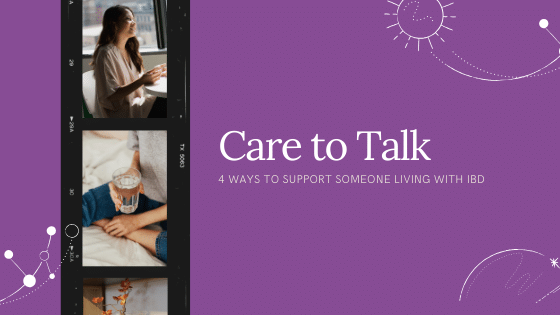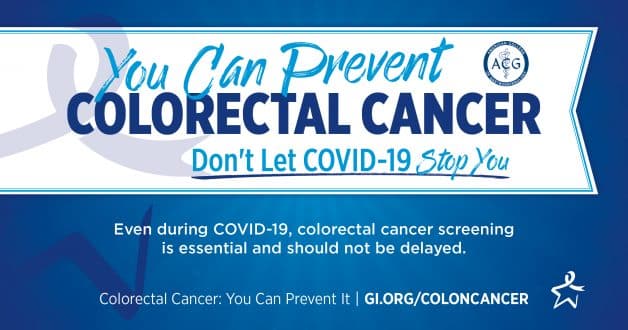4 Ways to Support Someone Living with IBD
Having a friend, family, member or significant other with inflammatory bowel disease (IBD) can make you feel helpless. You want to do everything you can to support them, but you just don’t know how.
Here are four ways to be a support system for someone with IBD.
1. Educate yourself about IBD
While no one expects you to become an expert in IBD, learning about the disease can help you understand what someone with IBD is going through.
IBD is a chronic condition that causes inflammation in the digestive tract. IBD is broken down into two types: ulcerative colitis and Crohn’s disease.
In ulcerative colitis (UC), the large intestine (or colon) becomes inflamed. Crohn’s disease, on the other hand, can cause inflammation anywhere along the digestive tract.
Abdominal pain, bloating, and diarrhea are some of the most common symptoms of IBD. IBD can also cause weight loss, blood in the stool, and loss of control of bowel movements.
There is currently no cure for IBD, so the goal of treatment is to control symptoms and reduce inflammation. This can include medications, nutrition therapy, and surgery.
Click here to learn more about IBD from the American College of Gastroenterology.
2. Understand IBD symptom flares
Those with IBD can have periods of time where their symptoms are well-controlled, but can also have periods of time where their symptoms are flaring.
When someone is having a symptom flare, they may not want to leave the house or do much of anything. It’s important to check in with them during this time and not to push them out of their comfort zone.
Another essential thing to understand about an IBD flare is that it’s no one’s fault. Don’t try to play investigator and definitely don’t say anything like, “you’re having a flare because you are too stressed out at work.” If the person with IBD starts to blame themself for their flare, you can support them by reassuring them that it’s not their fault and that they will have more good days.
3. Don’t go looking for IBD “cures” on the internet
There is currently no cure for IBD, but many questionable websites on the internet will tell you otherwise. It’s normal to want to take action when someone you know is suffering and it can be easy to fall into the marketing traps of online health gurus selling “secret cures”.
Instead of searching the internet for cures for IBD, stick to reputable resources (like the American College of Gastroenterology).
4. Be ready to discuss treatments
As we already discussed, treatments for IBD can range from medications to surgery. Sometimes, a person with IBD may be presented with a few different treatment options by their gastroenterologist. These decisions can be overwhelming, so the person may lean on you for support.
Unless you are a gastroenterologist yourself, the best way to support the treatment decisions of someone with IBD is to listen. Let them explain the benefits of the options and the potential downsides. If you feel that it’s appropriate, you can also offer to go with them to their next doctor appointment to help support them.
IBD is a complex condition that can take a toll on someone’s mental and emotional wellbeing. Being a source of support for someone with IBD starts with arming yourself with accurate knowledge about IBD and lending a listening ear.
Katelyn Collins, RD is a registered dietitian specializing in irritable bowel syndrome (IBS) and digestive health. Katelyn’s personal experience with IBS first sparked her passion for nutrition and health. Since then, she has been a vocal advocate for the digestive health community and has dedicated her own nutrition practice to serving those with digestive conditions.
Listen to our
latest Podcast!







